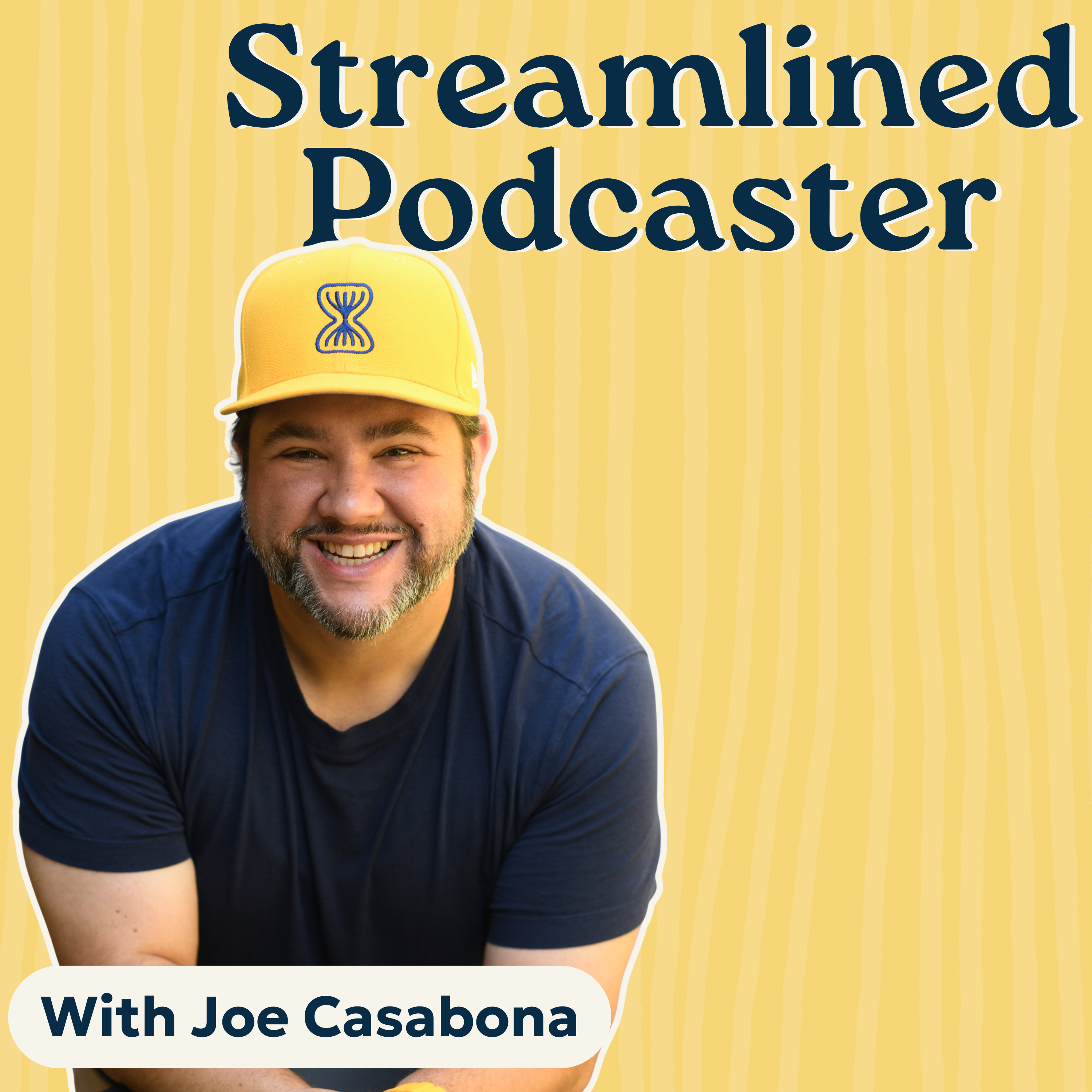Podcasting Made Simple
Podcasting Made Simple is the premier podcast about podcasting! We’re here to help podcast guests and podcast hosts reach more listeners and grow their income so they can change more lives! Join Alex Sanfilippo and other podcasting industry experts as they share how you can level up on either side of the mic! (Show notes and resources: https://PodMatch.com/episodes)
Podcasting Made Simple
Getting a Unique Story From Your Guests | Christina Barsi
MORE FROM THIS EPISODE: HTTPS://PODMATCH.COM/EP/166
How do you get your guest to share their topic from a new perspective than podcasts they’ve appeared on previously? The key is to offer structure and guidance before you even press record. But the process doesn’t start there. Way before you get into conversation with your guest, you’ve got to get into conversation with yourself. In this session, Christina Barsi explains the three critical components that will drive the guiding framework that creates unique, authentic, and successful interviews with your guests every time!
MORE FROM THIS EPISODE: HTTPS://PODMATCH.COM/EP/166
🎟️ UPCOMING EVENT: Podcasting Made Simple Live, our virtual event for podcast guests and hosts! See the details: https://podmatch.com/event. Enter code PMLIVE for free VIP access!
Hi, I am Barsi. And if you're here with me today, that is because you are interested in learning how to create a unique interview on your podcast, every single time. So I'm going to start by asking you a clarifying question. How do you get your guests to share their topic from a new perspective, than the podcasts that they've been on before? And I'm going to share with you that the key is to offer them structure and guidance before you ever even press record. And today we are going to spend time discovering the three key components that I've developed, that will be the driving force behind the guiding framework, which I'm also going to share with you, to create that unique and successful interview every single time with every single guest. So, way before you get into conversation with your guest on your show, you've got to get into conversation with yourself. So like I said, we're going to go through these three key components that are going to be that driving force behind the guiding framework to create these interviews for you. So, let me ask you this, how many times have you Googled an upcoming guest on your show during your research, only to find not only the same topic that they're covering every single time on every single podcast, but the episode titles across all of these podcasts, when you dig deeper, are the same! They're sharing the same stories, these, guests are delivering essentially the exact same interview on every podcast, despite the different hosts. So what happened, their guest was on autopilot and as a result, they haven't really created anything new, meaning the podcast host themselves, haven't created anything new. But guess what? Most of these guests, can share they are able to share the same information and their story to serve their purpose, cause they're coming on your show for a reason, either to usually sell a book or program or platform or something that they want to share that's going on in their world. But they can do that, in a way that is hyper-focused on serving your audience and do that through your unique lens. So suddenly you are the one who has a really unique interview that is not only going to hit all three of these points of service, and those are the three points of service are important, those are you, you have to serve yourself and your purpose, your listener, of course, and your guest. But what is unique about this is you're going to take time to create a process, to serve these three points, and then you're going to make them your biggest priority in doing so, and that delivers huge impact when you can do that. So even more importantly, the way you're going to do this, the way we pivot all of this, what it hinges on, I should say is we're going to do it authentically, and in return, what you get is a very unique interview from your amazing guest. So the key words here are number one, authenticity and number two service, and I'll add a third one, which is clarity. So before I can even begin to share this formula with you about how to apply this for every interview, before you can begin to fine tune this process with your guest, like I said before, you first have to fine tune the conversation you're having with yourself before you even start, and then the one you're having with your listener. So that's the process of clarity and that starts with you. And this is how we do it. You're going to revisit your why, and do that often. Why are you here doing this podcast this way? And as you keep going, why are you still here doing this podcast this way? And then it's a process of observation. Observe how you talk to your audience, to your listener, ask them for feedback. If you've have your, if you've had your show for a little longer than, just launching, you can do things like creating a survey to learn who they are or ask them, you know, why they're listening to your show? What are they showing up for? Why are they there and what are they hoping to get specifically from you, what are they coming back for? That's really important to know. If you can ask someone then try to do that. And I'll share with you that, sometimes it's just how you make them feel, like your essence, your voice, the way you talk about something. So we're going to lean into those things and your strengths. It's okay to be aware of those of those strengths that you have about yourself, even though sometimes it feels a little awkward to acknowledge them. In fact, that's the case for most of us, but it's important. It's important to know, you know, how you're growing and how those strengths are developing as well. Because becoming aware of those things, will help you lean into them and better serve your audience by allowing space for yourself to become more and more authentic. Your authenticity is your strength and it is what makes you unique, and in turn is what is going to make your show unique and each interview with your guest unique as well. So I will also say that the benefit of being a smaller show, if you are just starting out or even if you're not, oftentimes there are listeners in your listenership that are people, you already know, people in your life. Family, friends, those that show up to support you no matter what. That is not a bad thing to have a small audience, for example, especially if it's all people, you know, at this point. It depends where you are in your journey. But the good thing about that is you can talk to them. You can ask them to be objective, please, and share what resonates for them about your content, and even more importantly, you, what do they love about you? This is also a great exercise in gratitude. It humbles us to hear these things and it opens us up to receive, because that completes the cycle we're giving as podcasters. We're giving information, we're holding space we're doing all of this giving and the receiving part, sometimes doesn't get exchanged right away, or it takes some time to hear back from listeners, et cetera. So we can reach out to them. And we can talk to the ones that we know are the ones that we can, that we find a way to reach, like through a survey or a social media, or maybe a Facebook group, whatever you've created, where they can gather or where you can reach them. And ask them about what they love about you in a way that feels, you know, again, authentic and natural and just open it up to receive, and that can be a really interesting gratitude experience as well. So this process of observation and awareness, is very powerful and it is also how you can develop a path and a process to developing your authenticity and craft as a podcast host. So as a host, if you have a show, that's a craft you're developing and you're going to get better at it as you go. So having time to do this type of awareness and observation with yourself, and anything else you want to observe about your show is a really powerful tool that you can continue to use as you grow. So I do suggest incorporating that at some point and then continue to, to find moments to do that for yourself. The more we trust ourselves, the more we're willing to peel back those layers, and show up more and more like, from our core and, that reads authentic, and it is. So the more, again, the more you do stuff like podcasting, the more opportunities you have to develop this because you are showing up for something that you're doing regularly. So these elements of clarity and authenticity are what become your message, and in turn, it actually becomes your brand. Because your brand is just you, it's who you really are at the core and what you care about at the core. So this perspective you want to speak from, to connect with a guest, and when you talk to your listener is from this core place. And, and over time you will become more and more consistent with it. And that's the goal is to become consistent with what that messaging is. So, with that you've now fine-tuned how you want to serve your purpose. And purpose I say through the same lens of message, getting clear on why you're here, all of the process we just went through, we're just calling it, you know, the purpose, the reason you're here doing this now in this way. So next we want to fine tune how you serve your listener. So going back to understanding, who your listener is why they're listening, as well as what they're showing up for when they listen, can start to tailor your topic decisions. Who you bring on as guests and how you ask questions, how you ask questions to serve your listener. That part is really the pivotal part there, that's going to kind of lead us into the other things. The how, so this part that we're getting into right now is the, how, which a lot of why, you can kind of look at the what and the why's the previous that we've done and now we're getting into the how. So this all leads us to also how we prep our guest so they can serve their purpose for coming on the show while also serving yours, as the host and your listener. Once we get to that stage in this talk. So for now, you should have some basic framework of what your brand is. Meaning, your message, your tone, your offer, your takeaway for the guests. You should kind of have a sense of, you know, why you're here, what people take away from you, what their takeaways are, what they love about you and what you're offering, what the guest is getting out of the experience, when they listen to your podcast. So again, these things can be a feeling, the things that, the takeaways, something, they maybe like something they learn each time on the show, or feelings, like we said earlier, like the, maybe you make them feel normalized or safe. Maybe you're offering new ideas, new ways of thinking, maybe your show is a how to, or, you know, whatever it is. You should also be able to communicate to your guest who your listener is. So knowing what your guests or excuse me, what your listeners takeaways are, whether it's the feeling part or the, you know, what they're showing up for, like the, how to, or the easy way to do this or that, knowing both of those things is good to convey to your upcoming guest. So really knowing what those, the answers to those questions were, is going to serve this next part. Because you're now going to have to translate that to your guest so that they know what the tone is, so that they know what kind of feeling your listener wants to feel when they hear the interview and they want to, and you want them to understand what the take their like hard takeaways are like, oh, they're showing up for information on how to do this. So we need to make sure your guest understands that they need to offer some actual action pieces to their technique, not just talk about it for example. Whatever it is for your show. So we have to start to communicate that. So again, all of this will inform how you're going to ask your guest to talk about themselves in their topic, so that it becomes unique and tailored to your purpose, your brand and your audience. They don't need to change who they are or their topic or their theme, whatever they're showing up for, their goals, but you can ask them to frame it more specifically. So you've got to give them the guidance or else they're just going to go into their autopilot and do what they normally do. Which is okay, maybe once or twice, but you want them to serve your listenership very specifically. So now let's talk about how we leverage all of that to prep your guest. I do suggest a few days before your recording date, and sometimes before you even book your guest, depending on, you know, if you're unsure, if they can do all of the requirements that we're about to talk about. Sometimes even before you completely book them, you want to schedule a 15 minute phone call. You don't even need to do a video call. You can, if you prefer to, I like to just do a phone call to keep it kind of casual and simple. But just try to keep it around 15 minutes as well, so that you can stay focused on all of the goals of this call. So there are four things I'm going to mention. One rapport two clarity and three service and four authenticity. And this is how my approach usually goes for this. So I'm just going to run you down, run through, how I, how I start talking to my guests with those four points in mind. I usually start by thanking them for taking the extra time to chat with me for 15 minutes. Then I explain that the reason for the call is it's a chance for us to have some rapport and to discuss together how we would like to approach our topic and theme, to best serve everyone. Then I go on to explain who my audience is and how they might resonate with the topic. So I ask them if there is a way that they can explain their topic to serve the pain points of my audience specifically. So here's an example. I recently had a money coach on the show and my show is called Be Bold Begin. So, we focus a lot on getting things started, how do we transition into something new and begin that part of our lives, whatever it falls under the umbrella of beginning. So I had a money coach on the show and I explained that a good portion of my audience are creative entrepreneurs, are healers, and they struggle with their sense of value and worth in relation to their art and services. And she knew right away how to talk to them because I gave her that information and she was able to really lean into it during our, our actual interview and discussion. So pre-call do a pre-call. I also share with them my process in saying that I create an outline based on our conversation from, from the call and, but also that I'm a very curious person. And if they, when they start talking and they're sharing something that most likely I'll find something they say interesting, and we'll go off on a tangent and we'll kind of flow a little more organically than question, answer, question, answer. So I make sure that they know that that's my style as well. So it gives us an opportunity to really hone in on all of that. And one of my goals is to always get them, the guest, to feel open enough, to share parts of their story that maybe they haven't shared before. So knowing what my goals are, I want to know, all of the things I mentioned, but I also have a goal of listening for core value alignment. I also have a goal for, you know, whether they can open up and share a little more vulnerably than they have before. So those are the types of things that I'm also looking for when I have this conversation. So all that work you do around your own clarity to find more authenticity with this little preparation system can yield that unique experience with your guests every time so that they're not on autopilot and telling you the same story in the same structure and the way they always have. And we can kind of find new gems in our conversation that maybe hasn't been, aired yet or released yet on anyone else's show because your authentic self and their authentic self, that's not going to be found anywhere else. That's just a specific combination and equation, right? You and them together, but guiding them in this way, will really help you get to that unique interview. It's your job to tap into that. It's your job as the host, and to do it in a way that serves the purpose of the show. So that's all those three elements, your purpose, your listener's purpose, and the reason your guest is coming on your show specifically. So the true key to creating a unique interview. And again, in turn, a consistent and unique show overall is your commitment to becoming you, your most authentic self. So to review, just remember the three key elements to this was number one, authenticity you're serving, you're serving the service, right? Serving your podcasts. Clarity. You want to get really clear on all of those things because you and your voice are extremely valid, so your authentic self is, is, is valid as is. And the more we tap into that, the clearer we get and the better we can serve everyone who is showing up for the show, including ourselves. So get clear, be comfortable, get vulnerable, and you'll be able to guide your guest towards uniqueness. And therefore you'll have success in every interview. Thank you so much. I will see you on the other side.
Podcasts we love
Check out these other fine podcasts recommended by us, not an algorithm.
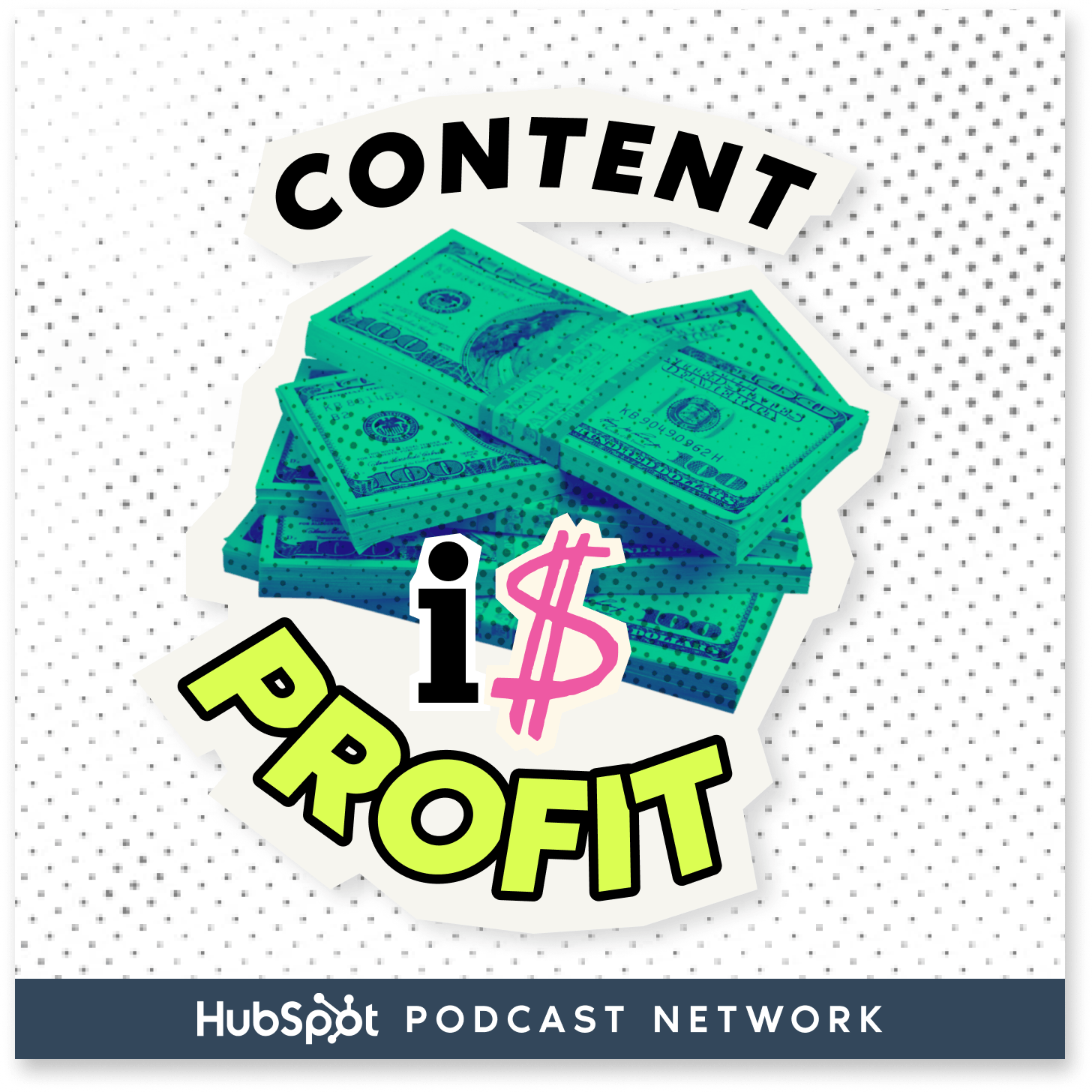
Content Is Profit
BIZBROS
Win The Content Game
Deirdre Tshien - CEO & co-founder of Capsho, AI-powered Content Marketer (the fastest way to repurpose and market your expert content)
Fastlane Founders and Legacy with Jason Barnard: Personal Branding, AI Strategies, and SEO Insights
Jason Barnard Entrepreneur and CEO of Kalicube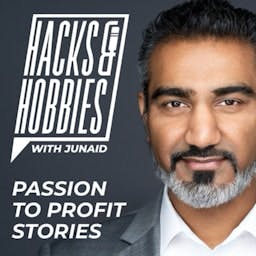
Hacks and Hobbies with Junaid Ahmed
Junaid Ahmed
I Have A Podcast by Vinnie Potestivo
Vinnie Potestivo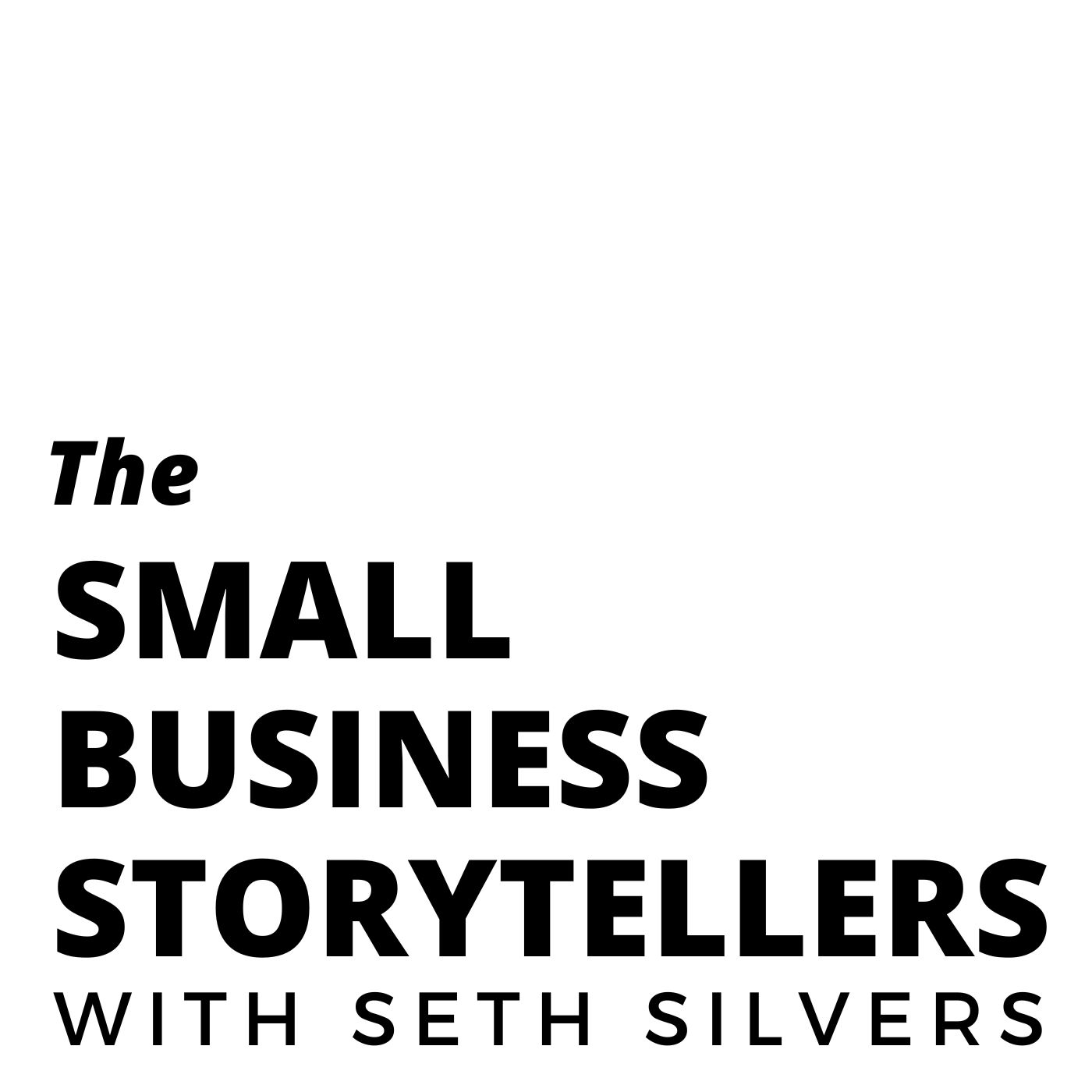
The Small Business Storytellers with Seth Silvers
Seth Silvers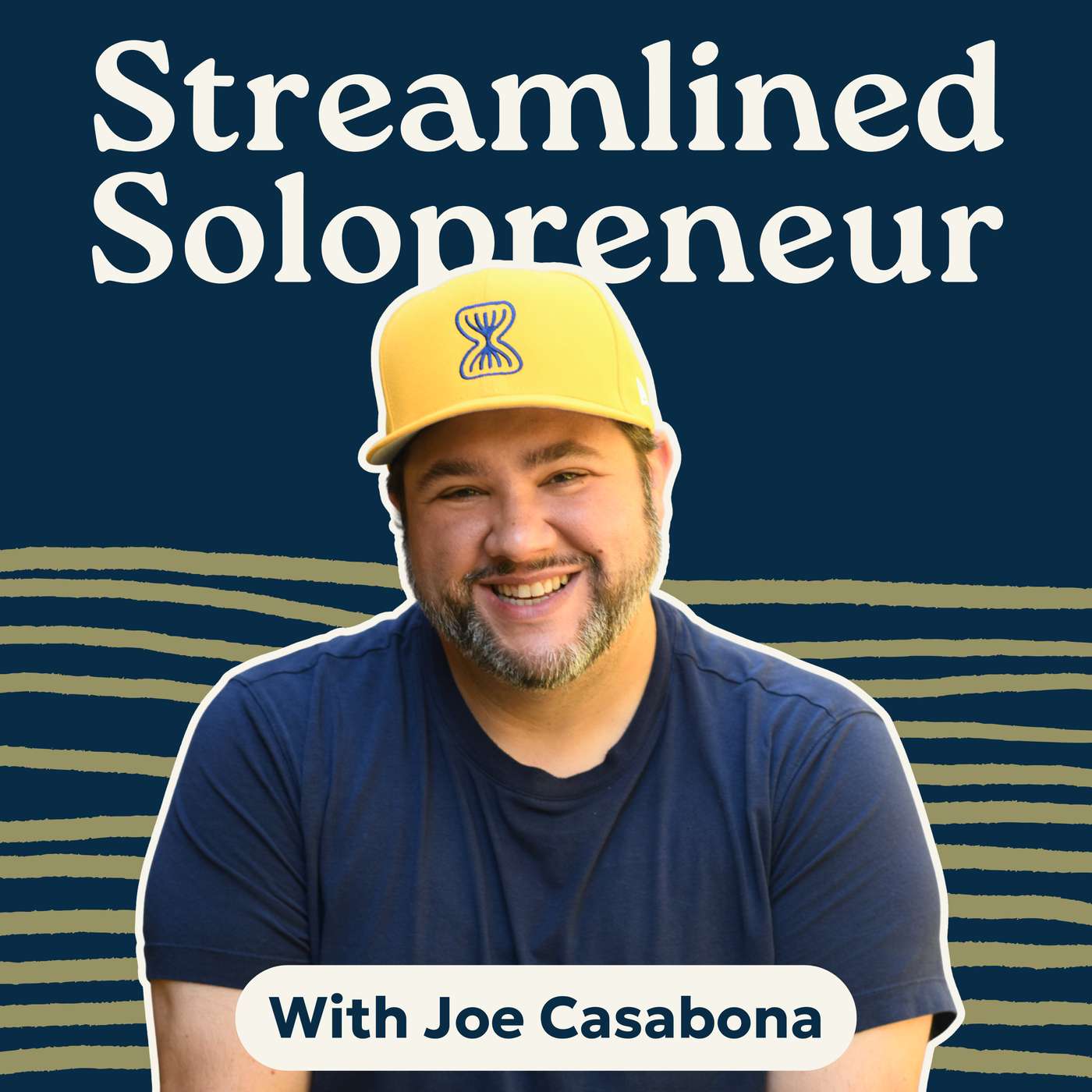
Streamlined Solopreneur: Tips to Help Small Business Owners Grow Without Burnout
Joe Casabona, Business Systems Coach
Insider Secrets to a Top 100 Podcast with Courtney Elmer | Podcasting Strategy for Business Growth
Courtney Elmer | PodLaunchHQ.comDo The Thing
Stacey Lauren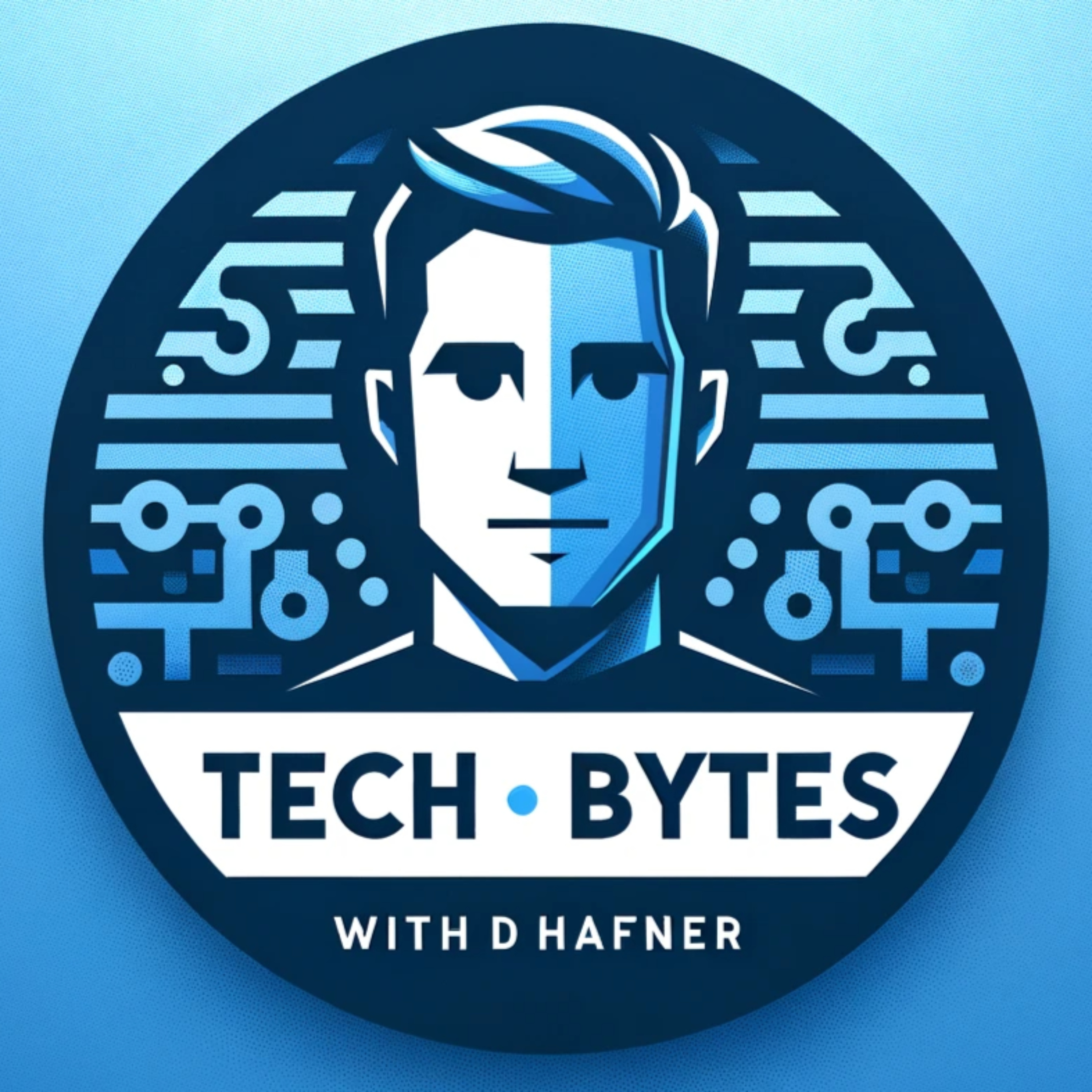
Tech Bytes - with Dan Hafner
Dan Hafner

